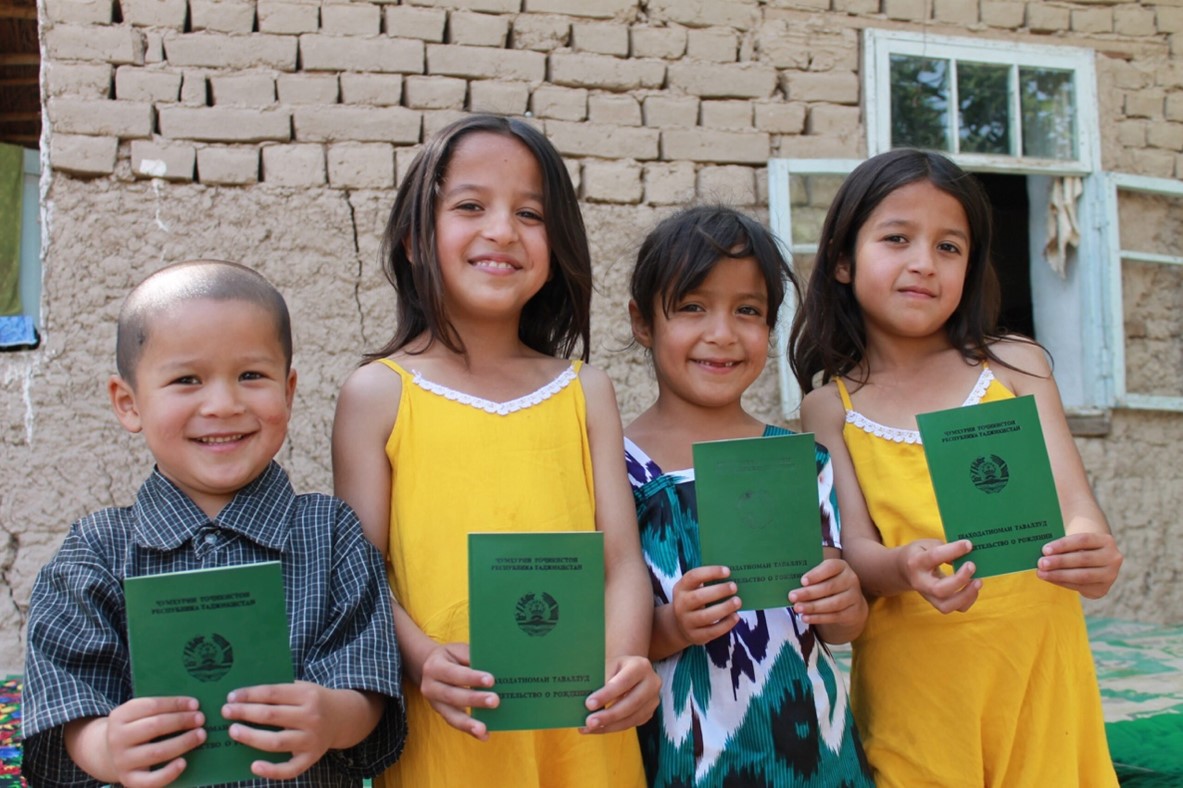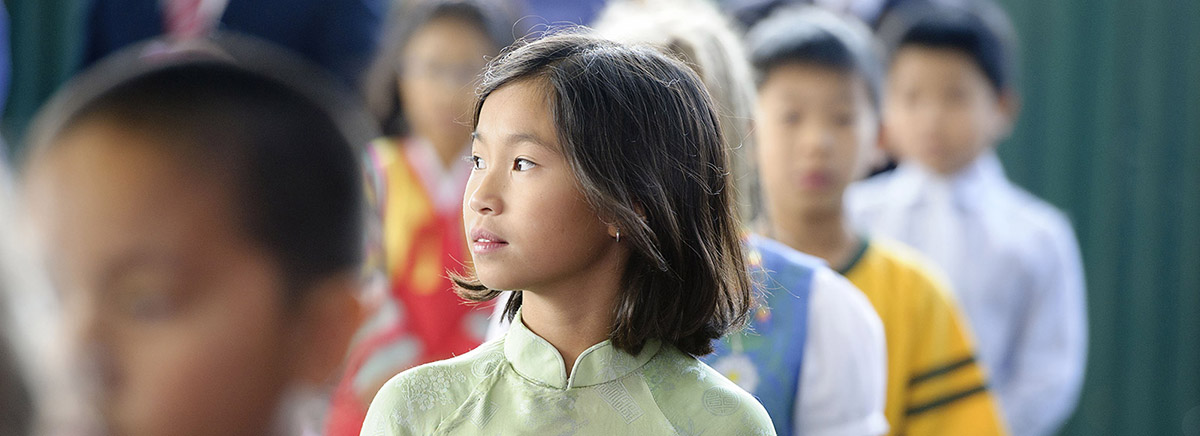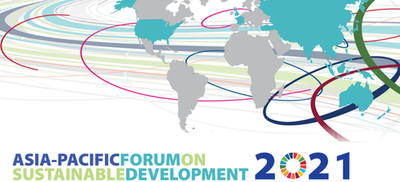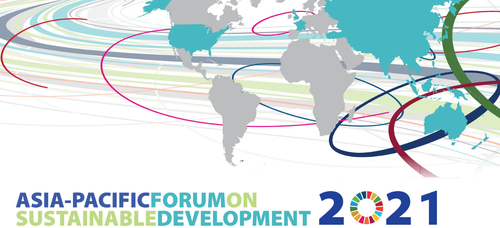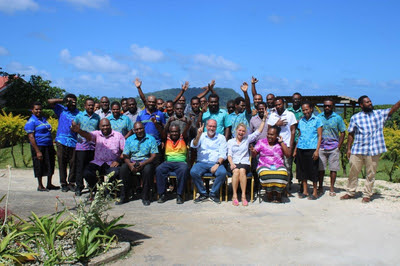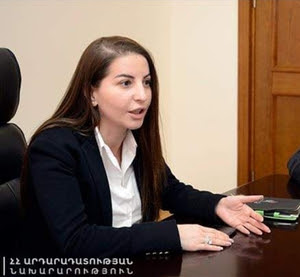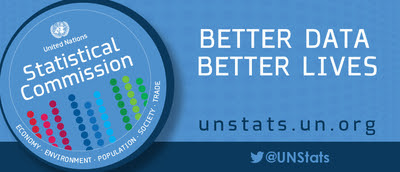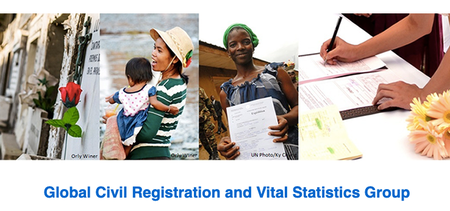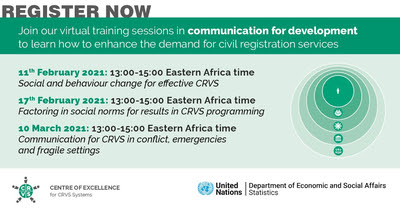Plan International Pakistan has launched an innovative, new project to improve birth registration rate using mobile technology. The “Digital Birth Registration (DBR)” project is a joint effort between Plan International Pakistan and the Sindh and Punjab provincial governments, and builds on an initiative started by UNICEF. The program is a pilot for a broader Plan international digital birth registration initiative and will initially be implemented in two districts in Sindh province and one district in the Punjab province.
The project features the use of mobile phones to register births directly at home by a visiting health worker or a Nikah Registrar, who inputs the data into the DBR app on his/her phone. The data is then automatically transferred to the local union council responsible for registration for validation, after which a unique identification number is sent directly to the applicant’s phone. The applicant then presents this number, together with the required documents, to collect his/her birth certificate at the union council. This way, the DBR system saves the applicant at least two visits to the government offices. This is important, since parents fail to register their children primarily because they do not want to lose working days due to traveling to and from union councils.
The program is expected to improve the old manual birth registration system and increase birth registration rates in the targeted districts to up to 80% by 2018. This target represents a significant improvement over the current situation: according to the Pakistan Demographic & Health Survey 2012-13 only 25.1% of children under the age of five in Sindh and 46.1% in Punjab are currently registered. In addition, the new system allows a gradual transformation to a robust digital civil registration database – a key tool for the government to plan more effectively for all services that a child needs including vaccination programs and education, as well as establishing legal protection from abuse and exploitation.



